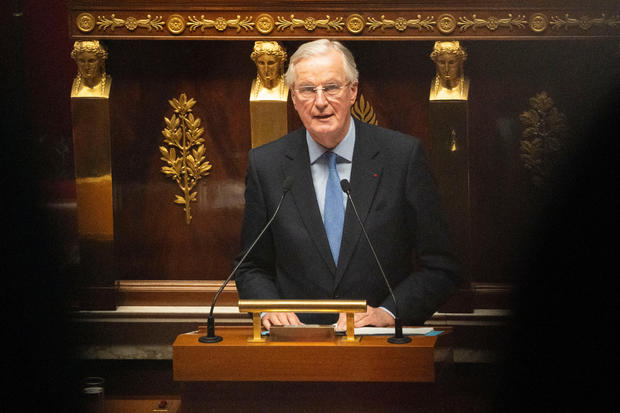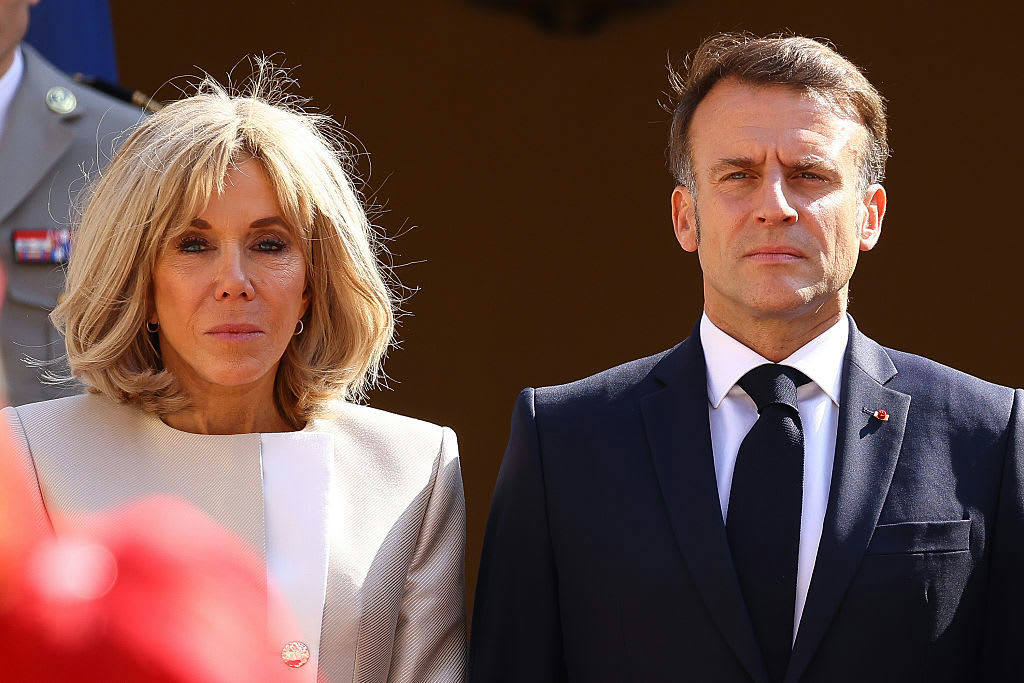French lawmakers pass no-confidence vote, ousting prime minister and deepening economic uncertainty
France's far-right and left-wing lawmakers joined together to vote Wednesday a no-confidence motion prompted by budget disputes that forces Prime Minister Michel Barnier to resign.
The National Assembly approved the motion by 331 votes. A minimum of 288 were needed.
President Emmanuel Macron insisted he will serve the rest of his term until 2027. However, he will need to appoint a new prime minister for the second time after July's legislative elections led to a deeply divided parliament.
Macron had turned to Barnier in September to navigate the impasse and address France's soaring deficit. Yet Barnier's proposed austerity budget — slashing 40 billion euros ($42 billion) in spending and raising taxes by 20 billion euros — has only deepened divisions, inflaming tensions in the lower house and triggering this dramatic political confrontation.
Barnier on Monday invoked a rarely used constitutional mechanism to push through the contentious 2025 budget without parliamentary approval, arguing it was essential to maintain "stability" amid deep political divisions.
The use of the constitutional tool, called Article 49.3, allows the government to pass legislation without a parliamentary vote but leaves it exposed to no-confidence motions. Opposition leaders argue that Barnier's concessions, including scrapping an electricity tax hike, do not go far enough to address their concerns. The far-right leader Marine Le Pen accused Barnier of ignoring her party's demands.
"Everyone must shoulder their responsibilities," she said.
The political standoff has unsettled financial markets, with borrowing costs rising sharply amid fears of prolonged instability. Barnier warned of "serious turbulence" if the budget isn't passed, but critics dismissed his remarks as fear-mongering.






